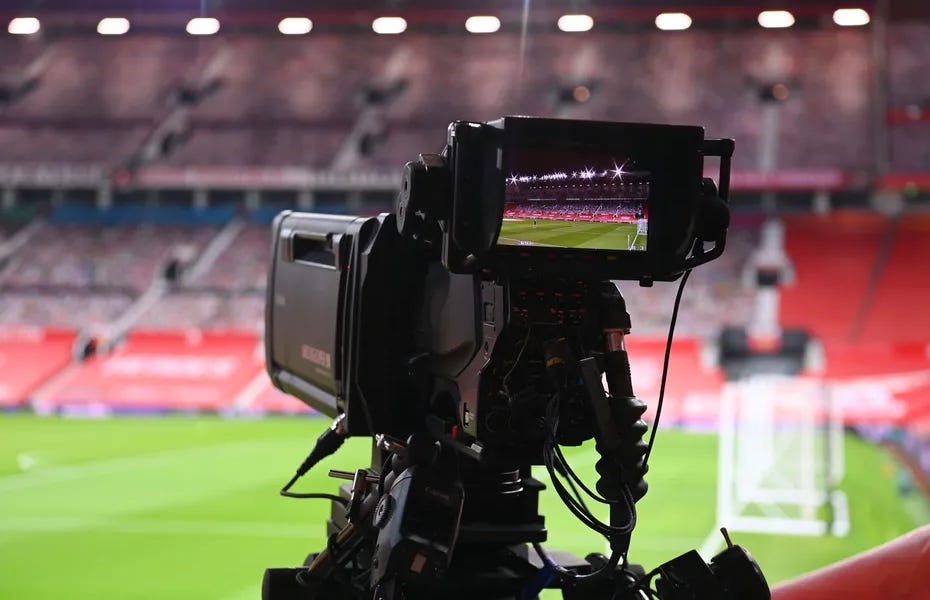- Aug 13, 2005
- 46,699
- 104,988
Did I watch a different game to MOTD? Arsenal played some really nice stuff? I thought Man Utd completely stymied them in that 2nd half
I only saw the first half and at the time I thought Man Utd were poor and really negative but on reflection, except for conceding they played that first half perfectly. The best way to beat the scum is either batter them or sit back and not let them have the ball to quieten the crowd. They went for the latter and it worked. Arsenal were largely nullified.





